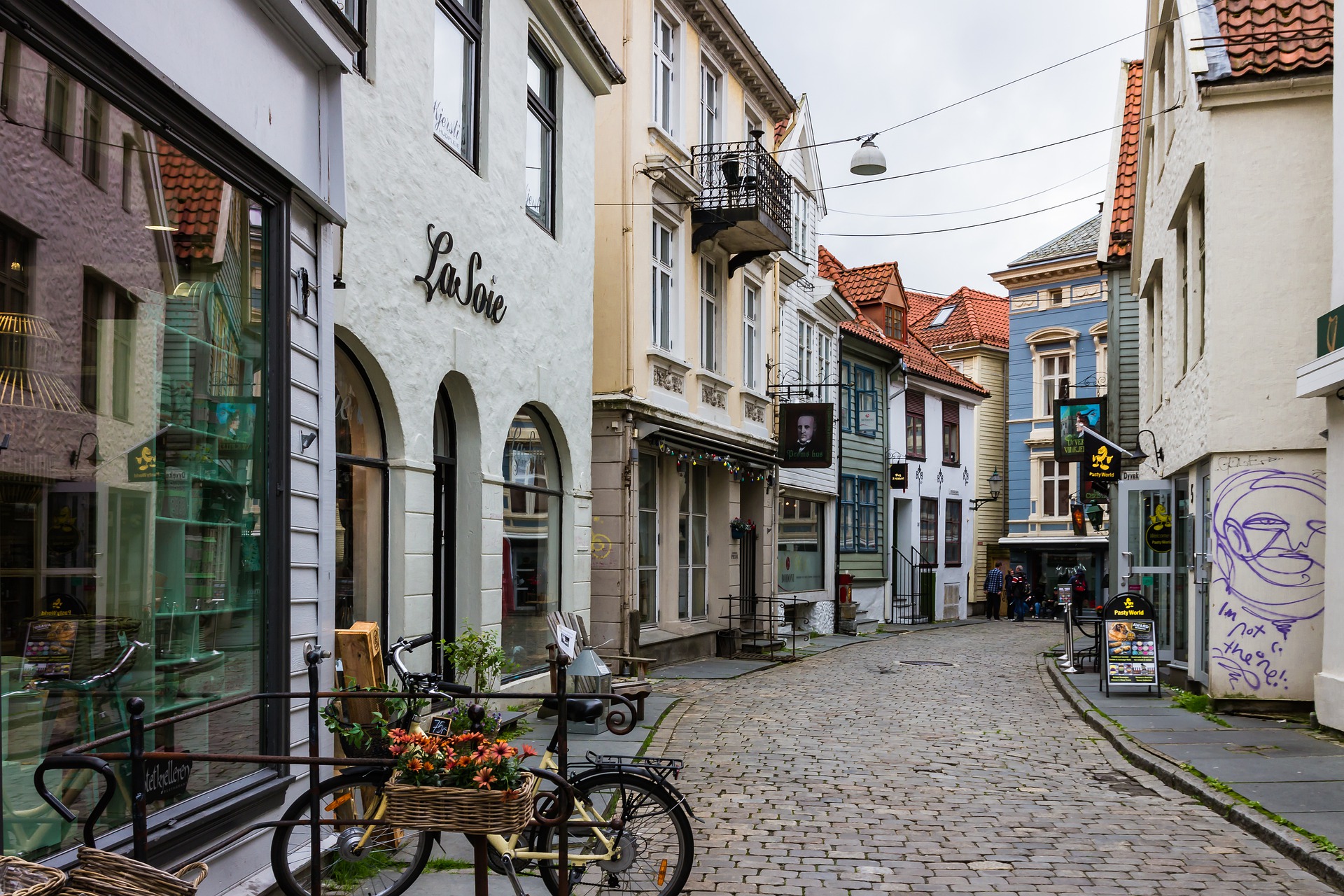Rural areas in countries around the globe have been facing the ever-frightening prospect of depopulation and this fear has only grown more intense as time goes on. Cities are becoming overpopulated and rural centres are becoming more and more empty, so how do we solve this?
25 percent of Europe’s population and 17% of North America’s live in rural areas. The global statistic is 47% and all these percentages are decreasing with each year. One of the main reasons hypothesised for this happening is due to an increasingly severe lack of diverse job opportunities in rural centres when compared to those in cities. Causes aside though, the impacts and effects of this phenomenon are plain to see.
Rural communities are often finding that quality of life is decreasing year to year due to a lack of basic services and job opportunities. Skilled positions such as doctors, teachers, etc… are harder to fill and less money can be collected by the local government through taxes therefore creating a knock-on effect of the deterioration of the environment and culture caused by the lack of funding and manpower. Lack of human resources in the agricultural sector also is proving a stark problem because locally sourced produced will no longer be as available therefore increasing the demand for food imports throughout the country, negatively impacting factors such as finance and pollution.
There aren’t only negative impacts on rural communities however, cities are also facing problems. An influx of new people looking for housing increases rent prices for everyone, not to mention a rise in administrative cost for the local government within the cities. Urban areas also would need to be increased which endangers green spaces in the city. Other problems that are attached to overpopulation such as pollution, overextended water and sewage systems, trash collection, etc… are also exacerbated.
Governments across the globe are looking for ways to solve this problem or at least slow down its effects. Obviously, government support, financial or otherwise would provide some type of short-term solution but longer-term thinking is needed. Looking at one of the main causes of the problem, a good solution could be an increase and diversification of the job sector in these rural areas, i.e., not focusing local economy purely on agriculture or whatever sector is traditional to that area. Increasing technological access in rural areas would also further convince people to stay or even move to the countryside, this includes improving internet access so people can work remotely more easily.
Rural depopulation is a problem and it grows more serious each day. The loss of rural communities means the loss of culture, heritage, history, and traditions. As technology grows more and more accessible and urban life is growing outside of the cities, it could be interesting what opportunities exist in non- ‘big city’ environments near you. You never know what you may find.


